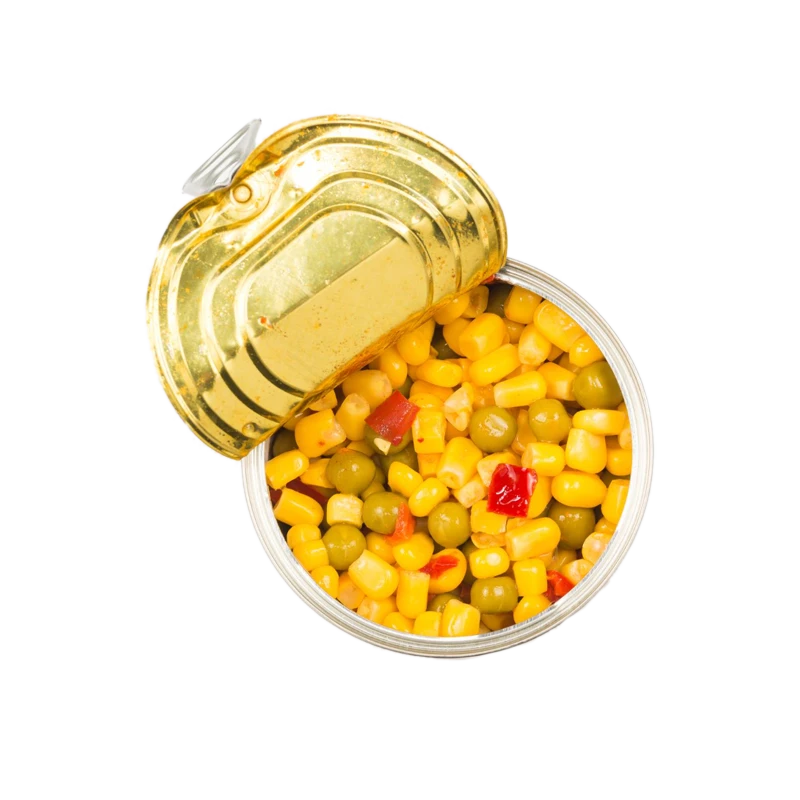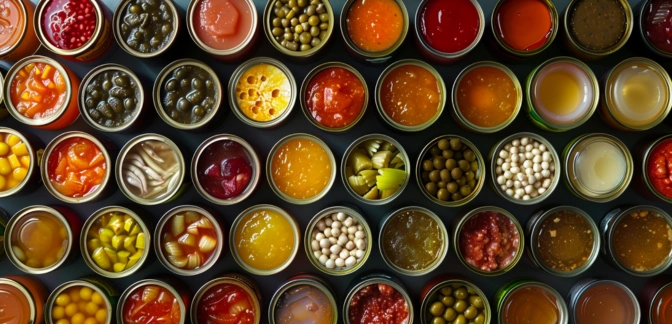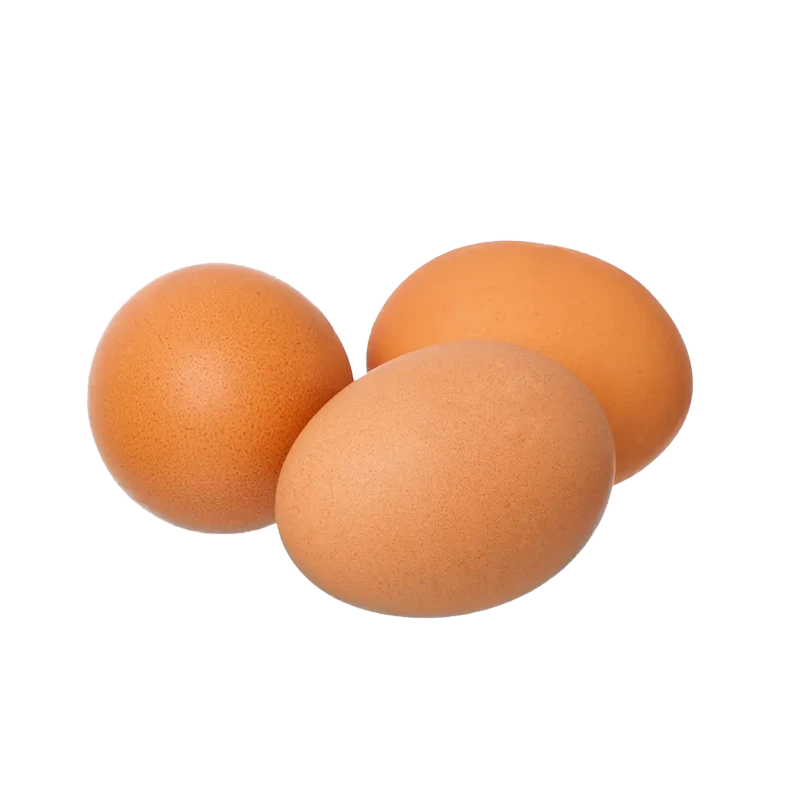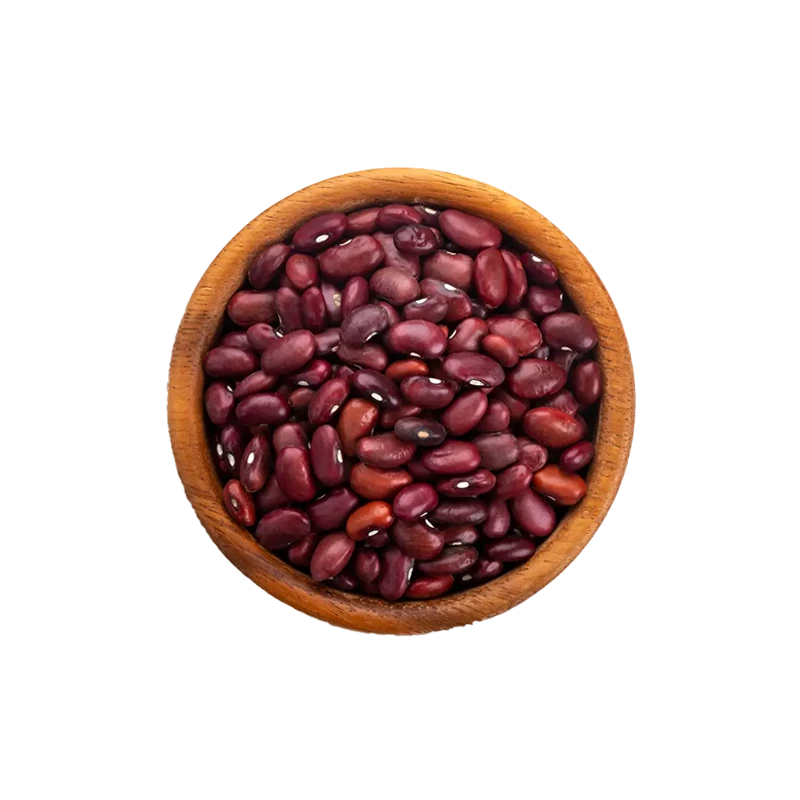Canned Vegetables — Nutrients, Health Benefits, and Shopping Tips

Written by Listonic Team
Last update on September 4, 2024
Nutrients
Nutrition facts
Amount per 100 g
Calories
🔥 41 kcal
| Nutrients per: 100 g | Value | % Daily Value* |
|---|---|---|
| Carbs | 9 g | 3.27% |
| Fiber | 3 g | 10.71% |
| Sugars | 4 g | 8% |
| Glycemic Index | 35 | - |
| Protein | 2 g | 4% |
| Sodium | 238 mg | 10.35% |
| Total Fat | 0 | - |
*The % of Daily Value (DV) tells you how much a nutrient in a serving of food contributes to a daily diet. 2,000 calories a day is used for general nutrition advice.
35
🟢 Low Glycemic Index
Key takeaways
Health benefits
- Rich in vitamins and minerals, depending on the type of vegetable, supporting overall health and well-being.
- Supports digestive health with their fiber content, promoting regular bowel movements.
- Convenient and shelf-stable, providing quick and nutritious vegetable options.
- Low in calories, making them a healthy addition to meals.
Health risks
- High sodium content in many canned varieties, which can contribute to hypertension and increased cardiovascular risks.
- Potential for BPA exposure from the lining of some cans, which has been linked to potential health risks such as hormonal imbalances.
- Possible loss of nutrients due to the canning process, which can reduce the vitamin and mineral content of vegetables.
- Risk of contamination with harmful bacteria or toxins if the can is damaged or improperly processed.
How to choose canned vegetables
For the best canned vegetables, find those that are vibrant and resemble their fresh state. The brine should be clear and not too salty. Seek out varieties packed in water or natural juices and devoid of added salts or sugars.
Avoid canned vegetables that look dull or emit an off odor, signs that they have been stored improperly for extended periods. Quality canned vegetables should taste fresh, retaining a crisp texture similar to their fresh counterparts.

How to store canned vegetables
Unopened canned vegetables should be kept in a cool, dry place. Once opened, transfer them to an airtight container and refrigerate. They can remain fresh for up to four days.
Storing them in the original can after opening can affect their taste. Use a glass or plastic container to maintain flavor. Ensure the container is well-sealed to keep the vegetables fresh. Clean utensils help prevent any contamination.
✅ Extra Tip
How long do they last?
Canned vegetables can last for 1-2 years when stored in a cool, dark place. Once opened, they should be refrigerated and used within 3-4 days. Transfer them to an airtight container after opening to maintain their freshness.
What to do with leftovers?
Leftover canned vegetables can be used in a variety of dishes. Add them to soups, stews, or casseroles for extra flavor and nutrition, or mix them into a stir-fry with other vegetables and protein for a quick meal.
Use canned vegetables in salads, where they add texture and color. They can also be mixed into a pasta dish with a creamy sauce or used as a filling for tacos, burritos, or quesadillas. If you have a lot of canned vegetables, consider making a batch of vegetable soup or using them in a vegetable casserole with cheese and breadcrumbs. Canned vegetables can also be added to a quiche or frittata for a savory breakfast or brunch. For a quick snack, toss canned vegetables with olive oil and spices, then roast until crispy.
👨⚕️️ Medical disclaimer
How canned vegetables support specific health conditions
Canned vegetables provide essential vitamins and minerals that support immune health and overall well-being. They are typically rich in fiber, promoting digestive health and helping maintain regular bowel movements. Canned vegetables like peas, beans, and spinach contain antioxidants that protect against oxidative stress and support heart health by improving circulation and lowering cholesterol levels. To reduce sodium intake, it’s best to choose low-sodium or rinse canned vegetables before use.
Discover products from other categories
Listonic Team
Fact-checked
Our editorial team checked this article to make sure it was accurate at the time of publishing it.
Get the top-rated shopping list app

canned vegetables







